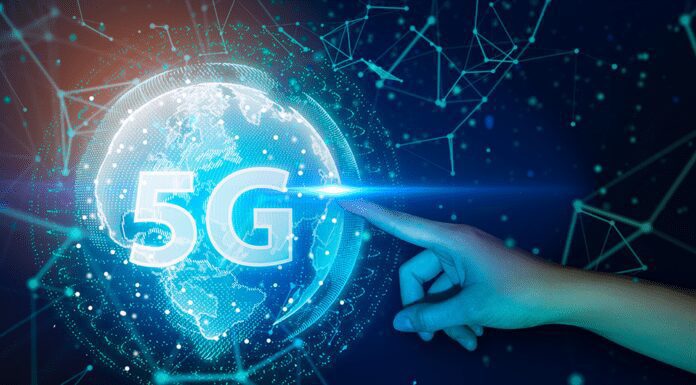

The nation that makes the dominant technology sets the standards for which 5G networks are pegged to worldwide. It is not just important to be a key manufacturer of 5G technology, but it is also critical to be so in order to have a major influence over the standards that are developed for it. America doesn’t have a national champion company in this field-Qualcomm has America’s largest space in the 5G market-but it needs to move fast to catch up. Finland’s Nokia (18%) and Sweden’s Ericsson (14%) round out the major players in terms of 5G equipment market share-and are making strides in recent months. According to author David Goldman, China’s national champion Huawei dominates this field with a 30% market share (in 2018), and which is “expected to ship 1.5 million 5G base stations, the core building blocks of 5G networks” globally in 2020. Right now, both the base stations and the small cells technologies are dominated by a few select companies. Government Accountability Office (GAO), in addition to these “ macro cells,” 5G will also require many more “small cells,” which will be installed on existing structures like streetlights due to the shorter range of 5G transmitters and frequency. 5G will use some of the infrastructure we have right now, namely cell base stations with antennas to receive and transmit radio signals. 5G technologies will influence everything we do.”īut there is no American national champion in 5G. First adopter countries embracing 5G could sustain more than a decade of competitive advantage. Ĭonsulting company Deloitte & Touche said in 2019: “5G technology introduction marks the beginning of a new era in connectivity that will impact almost every element of daily life. This new communications infrastructure will provide the backbone of what Klaus Schwab referred to the “Fourth Industrial Revolution,” spawning new types of companies built on “digital platforms,” such as trailblazers like Uber and Netflix. This means more and smaller antennas about the size of a pizza box (some estimate as many as 3-10 times the number of existing transmitting sites) will be needed to cover the same area as 4G networks. The next-generation network will transmit data over higher frequency signals, or waves, that are closer together, travel shorter distances, and are easily obstructed. It basically is the infrastructure that everything requiring very high data communications flows through-more than 100 times faster than “4G” communications, and it requires the deployment of new technology and infrastructure to use. falling behind on 5G as a “ national emergency.” What Is 5G and Why It MattersĥG is the latest generation of wireless communications technology (we’ve had about one every decade since the 1980s), and it means the future as we have envisioned it in movies-driverless cars, autonomous combat craft, drone deliveries, ubiquitous robotic manufacturing, smart homes, and advanced precision medicine the list goes on and on. history” and “we are losing to Huawei.” Former Google CEO Eric Schmidt also referred to the U.S.


House Speaker Newt Gingrich, China’s leadership in 5G is the “ biggest strategic disaster in U.S. America must respond to China’s challenge in 5G or risk losing the future. It also is now poised to overtake Americans as the world’s most cited experts in artificial intelligence, and most immediately, has expanded its 2+ year lead over the United States in 5G communications technologies and standards.

Beijing has launched the world’s first quantum science satellite. Revisiting these Questions: The United States risks falling behind the People’s Republic of China in the development and deployment of next generation technologies. Uncertainty about others’ intentions and capabilities is a central driver.” Given those developments, what should be the U.S. Implications of the Arguments: In that special issue of Orbis, guest editor Lawrence Rubin observed: “The intensifying competition to acquire capabilities to dominate or to pace an adversary has profound geo-political implications, including arms racing, inadvertent and intentional escalation, or even conflict. Pant, “ The 5G Question and India’s Conundrum,” Orbis, vol. Original Orbis pieces: Lawrence Rubin, General Philip Breedlove, and Admiral James Alexander “Sandy” Winnefeld, Jr., “ Technology, Strategy, and the Future of Policy,” and Harsh V.


 0 kommentar(er)
0 kommentar(er)
